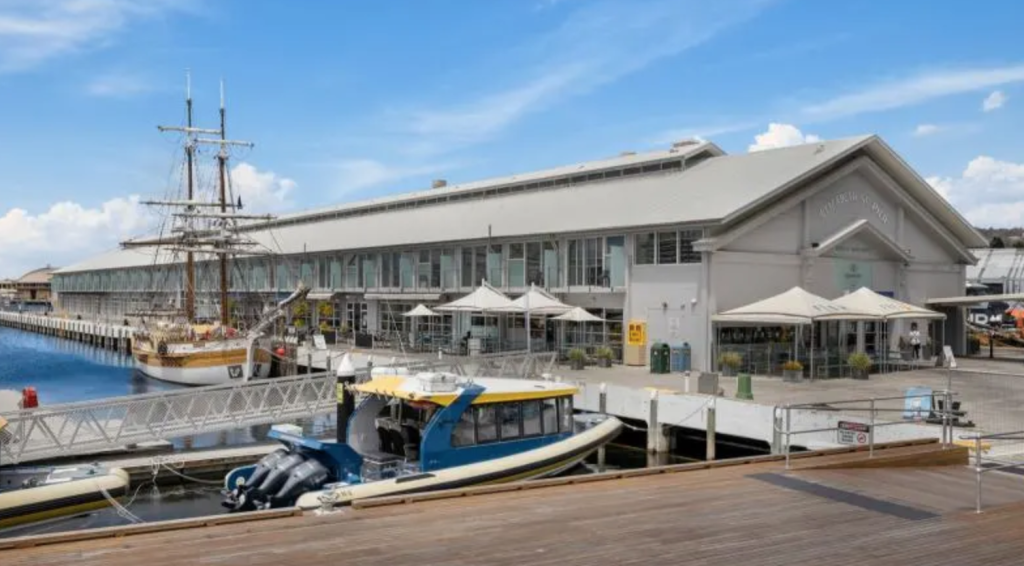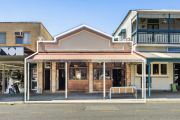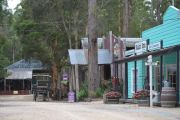
Tasmanian government offloads Elizabeth Street Pier for more than $30 million
The Tasmanian government has offloaded the Elizabeth Street Pier – a Hobart landmark – to an interstate investor for $30.1 million.
The sale follows a six-week tender process and was announced just as the spiralling coronavirus crisis looks set to significantly impact on the state’s tourism industry.
Some 61 of the 64 strata units on the historic finger wharf, including 56 serviced apartments currently operating under the Somerset Apartments brand, were part of the sale, which was handled by Knight Frank on behalf of the Tasmanian Department of Treasury.
The sale also included four commercial tenancies on the ground floor, three of which are leased to restaurants and the fourth to a conference centre operator. The property is currently returning an annual income of about $1.8 million.
Knight Frank’s Scott Newton, who handled the sale along with colleague John Blacklow, said the buyer was a “national private investor” who had other holdings in the state.
He said the owner intended to hold the asset for the long term, with heritage restrictions on the wharf – which was built in the 1930s and is the last remaining finger wharf in Sullivans Cove – limiting any development.
“It’s a passive investment that doesn’t have a huge amount of development potential. It’s going to be a passive income generating asset,” he said.
The government first announced the sale of the pier in late 2018, stating that the funds would be used to assist with transforming the nearby Macquarie Point area into an arts precinct.
The wharf was used as a warehouse until 1997 when it was re-developed into a commercial operation with 64 strata titles.
Mr Newton said the property had received a strong amount of interest during the campaign, with more than 140 inquiries.
“There was a huge amount of inquiry and interest, as you’d expect with waterfront freehold,” he said.
The sale comes as the Tasmanian tourism sector, like its mainland counterparts, faces an uncertain future.
This week the Tasmanian government announced the toughest border controls in the country, requiring all non-essential travellers from the mainland to enter 14 days of quarantine upon arrival.
Combined with the federal government’s restrictions on international tourists, the move represents a serious restriction to tourists entering the state.
In addition, major attractions such as the Museum of Old and New Art (MONA) have announced they will be closed for the “foreseeable future” and the Salamanca Markets, which take place close to the pier, have been cancelled.
Mr Newton said while the impact of reduced tourist numbers would certainly be felt by the sector, investors were taking a long-term approach to properties in the state.
“These purchasers are playing a long game, they are taking a longer-term view; certainly in the short term there’ll be an impact but in the longer term these are quality assets,” he said.










